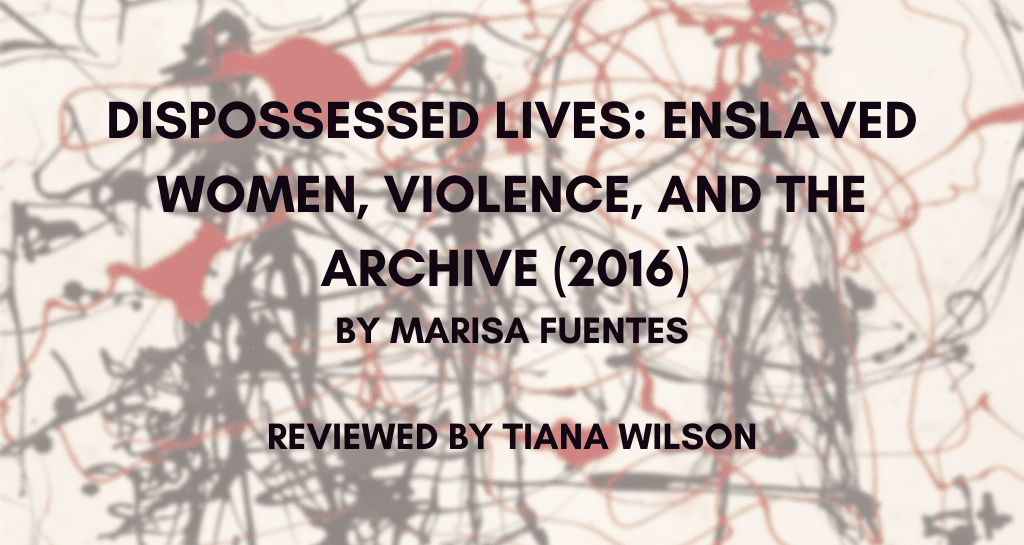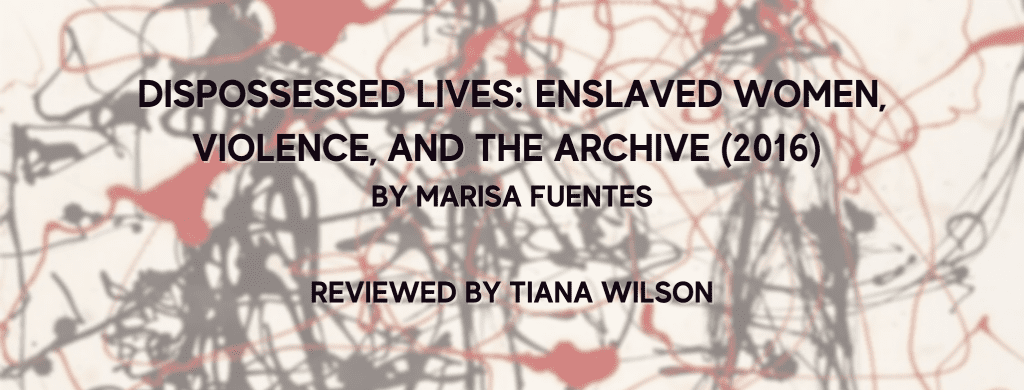

In the process, Fuentes interrogates the archive and its historical production to expose the ongoing effects of white colonial power that constrain what can be known about these women.Ĭombining fragmentary sources with interdisciplinary methodologies that include black feminist theory and critical studies of history and slavery, Dispossessed Lives demonstrates how the construction of the archive marked enslaved women’s bodies, in life and in death. Fuentes takes us through the streets of Bridgetown with an enslaved runaway inside a brothel run by a freed woman of color in the midst of a white urban household in sexual chaos to the gallows where enslaved people were executed and within violent scenes of enslaved women’s punishments. Fuentes creates a portrait of urban Caribbean slavery in this colonial town from the perspective of these women whose stories appear only briefly in historical records. This is an important study that fundamentally reshapes the questions we are compelled to ask about the histories of slavery in the Atlantic world.”ĭescription (UPENN Press): In the eighteenth century, Bridgetown, Barbados, was heavily populated by both enslaved and free women.


At the same time, Fuentes’s engagement with the problems of the archive testifies to the powerful entanglements that constitute the afterlife of slavery. Marisa Fuentes’s compelling study of women’s lives in and around Bridgetown leaves the reader with a clear sense of who these women were and how they navigated the terrain of a Caribbean slave society. Morgan (New York University) writes, “ Dispossessed Lives exemplifies the best new historical scholarship on slavery and gender. The book won the 2016 Berkshire Conference of Women Historians Book Prize, the 2016 Caribbean Studies Association Barbara Christian Prize, and the 2017 Association of Black Women Historians Letitia Woods Brown Memorial Book Award. Fuentes, is now available through the University of Pennsylvania Press. A reprint edition of the award-winning book Dispossessed Lives: Enslaved Women, Violence, and the Archive, by Marisa J.


 0 kommentar(er)
0 kommentar(er)
